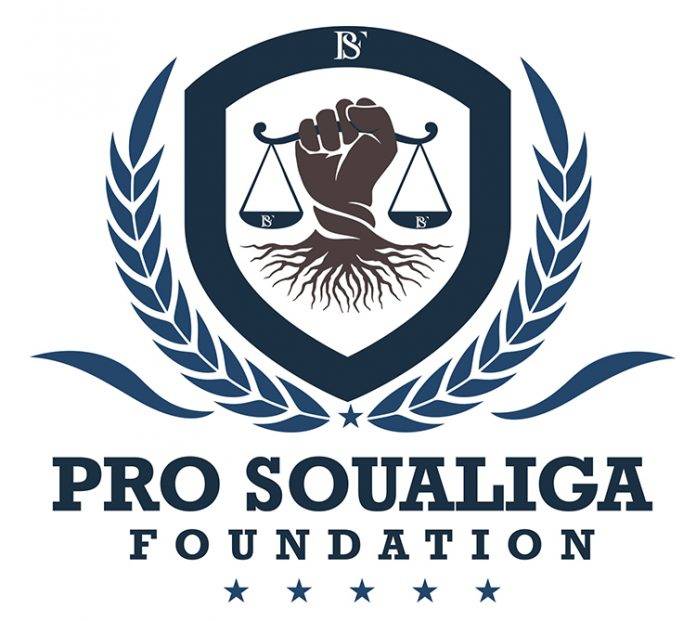Leiden University, one of Europe’s leading international research universities and the oldest university in the Netherlands, awarded a Doctorate of Law to Steven Hilliebrink regarding the decolonization of Aruba and the former Netherlands Antilles in 2007. Dr. Hillebrink defended his thesis entitled “The Right to Self-Determination and Post-Colonial Governance: The Case of the Netherlands Antilles and Aruba” before a promotion committee of seven highly reputable professors of constitutional law. The promotion committee included Dr. A.B. van Rijn who wrote the Handbook of Caribbean Constitutional Law (Handboek Caribisch Staatsrecht).
Dr. Hillebrink made the following assertions regarding decolonization:
1) Dutch politicians are often not aware of the contents of the Kingdom Charter (pg. 141)
2) The United Nations REFUSED to declare that the (former) Netherlands Antilles had attained a full measure of self-governance, a right to self-determination and that Chapter XI no longer applies. (pg. 102)
3) While all members of the United Nations agreed that the Netherlands Antilles had achieved SOME measure of self-government, only a few stated that they (former Netherlands Antilles) had achieved a FULL-MEASURE of self-government. (pg. 221)
4) India added a legally binding amendment, also known as the India Amendment , to Resolution 945X which states paragraphs a – d of Article 73 “remain in force and could be invoked by the GA (General Assembly) at any time.” (pg. 223)
5) Uruguay added a legally binding amendment, also known as the Uruguay Amendment , to Resolution 945X which reaffirms the competence of the General Assembly to decide whether a Non-Self Governing Territory has attained a full measure of self-governance. (pg. 224)
6) Uruguay stated that they submitted the aforementioned amendment because (a) the Netherlands Antilles were still not fully self-governing (b) they wanted to offer the (former) Netherlands Antilles “a safeguard, an opportunity, of coming at a later date to knock at the door of the United Nations, should the need arise.” (pg. 224)
7) The majority of the Fourth Committee considered the decolonization of the (former) Netherlands Antilles to be incomplete. (pg. 224)
8) The United Nations remains authorized to discuss the incomplete decolonization of the (former) Netherlands Antilles. (pg. 224)
9) The members of the UN were careful to avoid creating the impression that they approved of the Kingdom Charter (pg. 215)
(Resolution 945X dealt exclusively with article 73e of the UN Charter which was the issue of reporting to the UN.)
10) The population of the Netherlands Antilles were not aware of the decisions being made regarding the Kingdom Charter
because the records of the deliberations were, and still are, not widely known among the “Antillian” population.
Based on the fact that Leiden University awarded a Doctorate of Law to Dr. Hillebrink, his assertions and declarations are to be considered fact rather than fallacious statements. Dr. Hillebrink’s thesis has been accepted as truth by seven professors, as well as Leiden University. The Dutch state must now ask itself whether Leiden University, the Netherland’s oldest institution of higher learning, is in the business of awarding law degrees based on baseless and erroneous information.
Based on the fact that Leiden University awarded a Doctorate of Law to Dr. Hillebrink, his assertions and declarations are to be considered fact rather than fallacious statements. Dr. Hillebrink’s thesis has been accepted as truth by seven professors and Leiden University. The Dutch state must now ask itself whether Leiden University, one of the world’s oldest institutions of higher learning, is in the business of awarding Law Doctorates based on baseless and erroneous information.





























